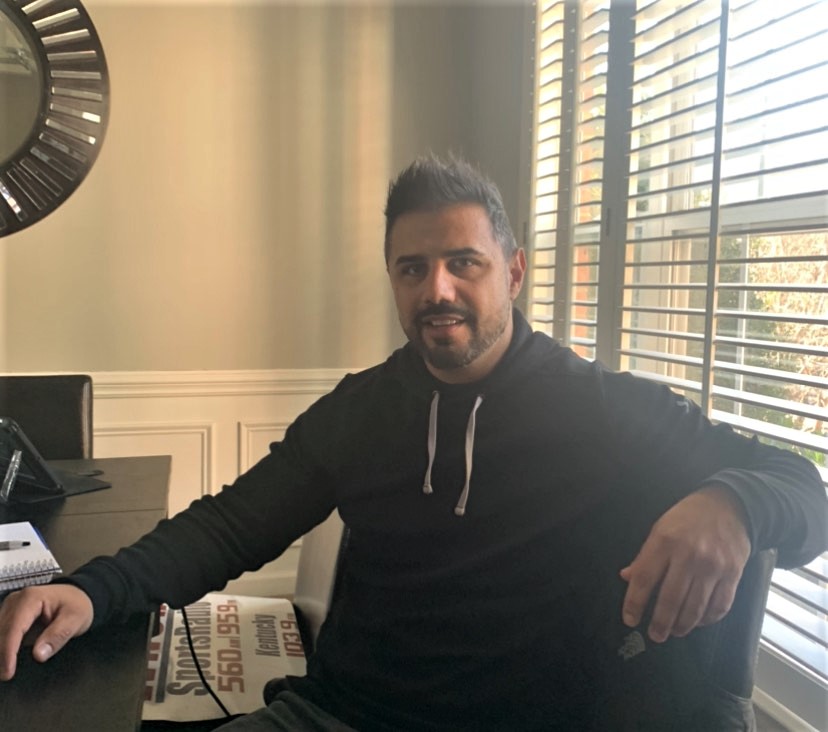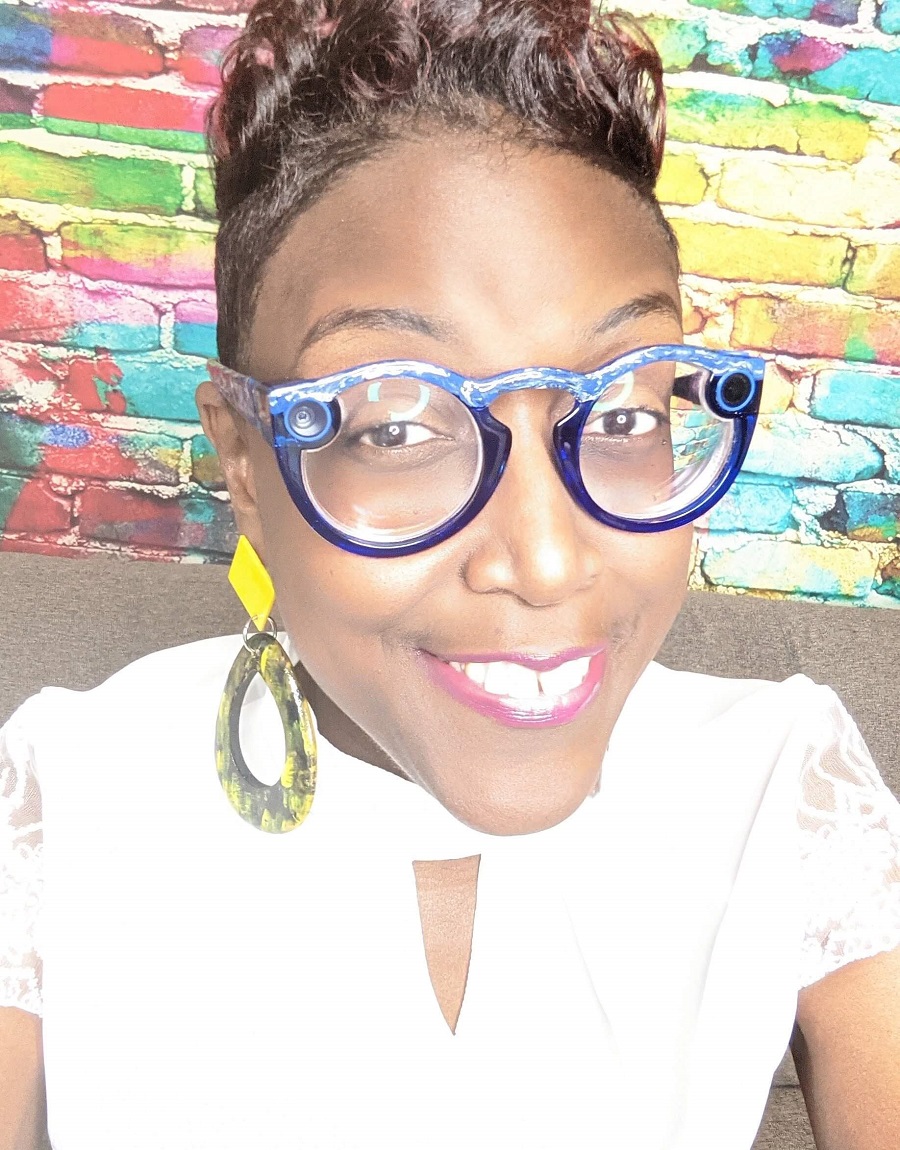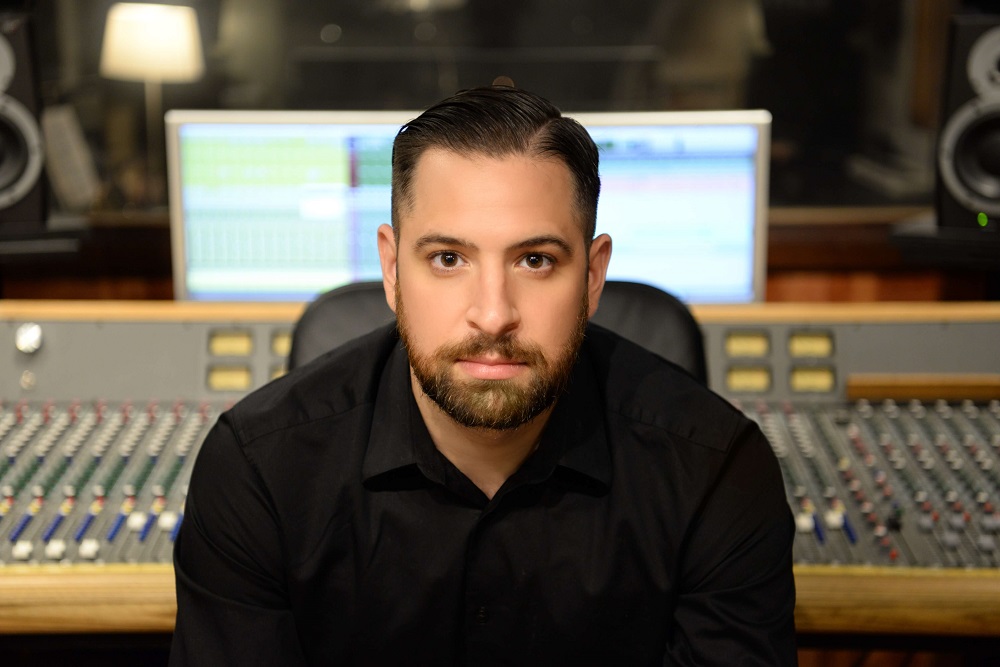
Radio Connection graduate Ray Dosky
graduate
Ray Dosky already had a successful career as an IT professional when he reached out to us to look into taking his love of sports radio to the next level by getting mentored by a radio pro. The “pro” we placed him with (remotely, due to the pandemic) was none other than Gow Media Chief Operating Officer, Craig Larson, a seasoned professional with thirty years’ experience, who’s done everything from working as a field sports reporter, to producing and hosting radio shows, to station programming. We caught up with Ray to learn more about his training with Craig, get the scoop on the new job, and garner a few bits of advice to share with you!
How did you find Radio Connection in the first place?
“I found Radio Connection online. I was doing some searches, just kind of just school searches and stuff because I was reaching out to some of the news and radio media platforms here in Nashville [pre-COVID]…. And they said that ‘We don’t bring on interns or volunteers unless you’re a student in college.’ Well, that’s great, you know, because I already graduated with a bachelor’s, so I was like, ‘All right…Let me see what’s out there.’ I found Radio Connection, and that was it.”
What was it like training with Craig?
“It was great working with Craig. I mean, he would give me constructive criticism. There were some times he’d be like, ‘You say um’ or ‘Wait to get your punchlines,’ and all this stuff. And at times I would still struggle with it, but…it was a lot of fun. A lot of fun. I really enjoyed my time with him.”
Lots more on Ray’s training with COO Craig Larson in our Straight Talk video below!
Craig also connected you with WNSR operations manager and producer Adam Johnson, who ultimately hired you. How’d that come about?
“‘[Craig said] there’s a guy I want you to reach out to. His name’s Adam Johnson. He’s around in your backyard. You know, I would love for you to connect with him and see where it goes.’… Adam and I talked…. I told him I was in Radio Connection and that Craig, you know, he’s my mentor. And he said, ‘Well, do you have a demo or something like that?’ I’m like, ‘No, not yet. I’m getting to it. It’s towards the end of the school year. I’ve only got two, three months left…but, like, if there’s an opportunity for me to come in and sit with you guys to kind of see how things roll, I’d love to come find out. I’ll volunteer my services.
He said, ‘Well, we actually have a Fantasy show usually on Sundays…’ I said, ‘I’d love to sit in…. I’ve got content, I’ve got material, I’d love to do it.’ So he [said], ‘All right. Well, we’ll see what we can do…but right now we can’t bring anybody in the studio because of COVID….So he said, ‘Let’s revisit it in a couple of months, see what happens.’
Time goes by. I continue on with my education, my conversations with Craig, my airdrops…I continue on with that. Come September, I’m three to four weeks out to completing the school. Like, I’m done with the program, and, you know, I’m trying to figure out what I need to do, and…I asked Craig, ‘Do you think I should reach out to Adam? You know, sports is in full throttle.’
He said, ‘Well, shoot him an email or call him….I sent [Adam] an email…oh, no, I sent him a text, and I asked him, ‘Do you have any openings?’…and he says, ‘Right now, we don’t, but if you want to come in, you can come between our 9 to 11 mid-morning drive and sit with my guys…. I said, ‘Well, I’m still working in the IT field. I don’t know if that’s going to work. If you got anything on the weekends, I’d love to come in.’ And he said, ‘Well, I’ll see what I can do.’…
Two days later, he reaches out to me, he’s like, ‘Actually, you know what? We’ve got a show for you on Saturday mornings from 8 to 9 and possibly another show from 10 to 12. You’re going to do the prep football talk from 8 to 9, you’re going to do the college countdown to kickoff with our afternoon guy. Are you interested?’
I’m like, ‘Yeah, I’m interested.’ And he said, ‘Well, come in. We could do your paperwork, hire you.’
I’m like, ‘Excuse me?’ He said, ‘Yeah, we’re going to bring you on.’…Just come in Wednesday, we’ll get you training for two days, and then it’s you to go on that Saturday.”
[Ray has quickly gone from producing 2 shows to 5! He’s starting to ad-lib and join in during the shows too.]
Watch video below to learn more.
What’s your advice on how Radio Connection students can build strong professional relationships with their mentors?
“Well, you got to think of it this way, these guys are busy too, right? I mean, they’re doing their day-to-day activities. They’ve got their own work, their own responsibilities, they’ve got their own families…So you got to make sure that if this is something you want…. I mean, if you’re gonna go at it, go at it 100%…. Don’t try to half-step it because you’ll get as much as you give. …
These mentors you meet up with will be lifelong mentors, friends, what have you. I consider Craig a friend now, you know? And it’s amazing how the relationship really kicked off. I mean, one thing I would like to note is that when talking to Craig, I told him [that] growing up, my favorite player was Ken Griffey Jr., and Craig mailed me a Ken Griffey Jr. card. I was like, ‘Dude, that’s…’ I mean, that’s first-class, right?”
Follow Ray at @nfl.junkie
Learn more about
Radio Connection, and how
you can start building a radio or podcasting career you love.
* * * * *
Read More




